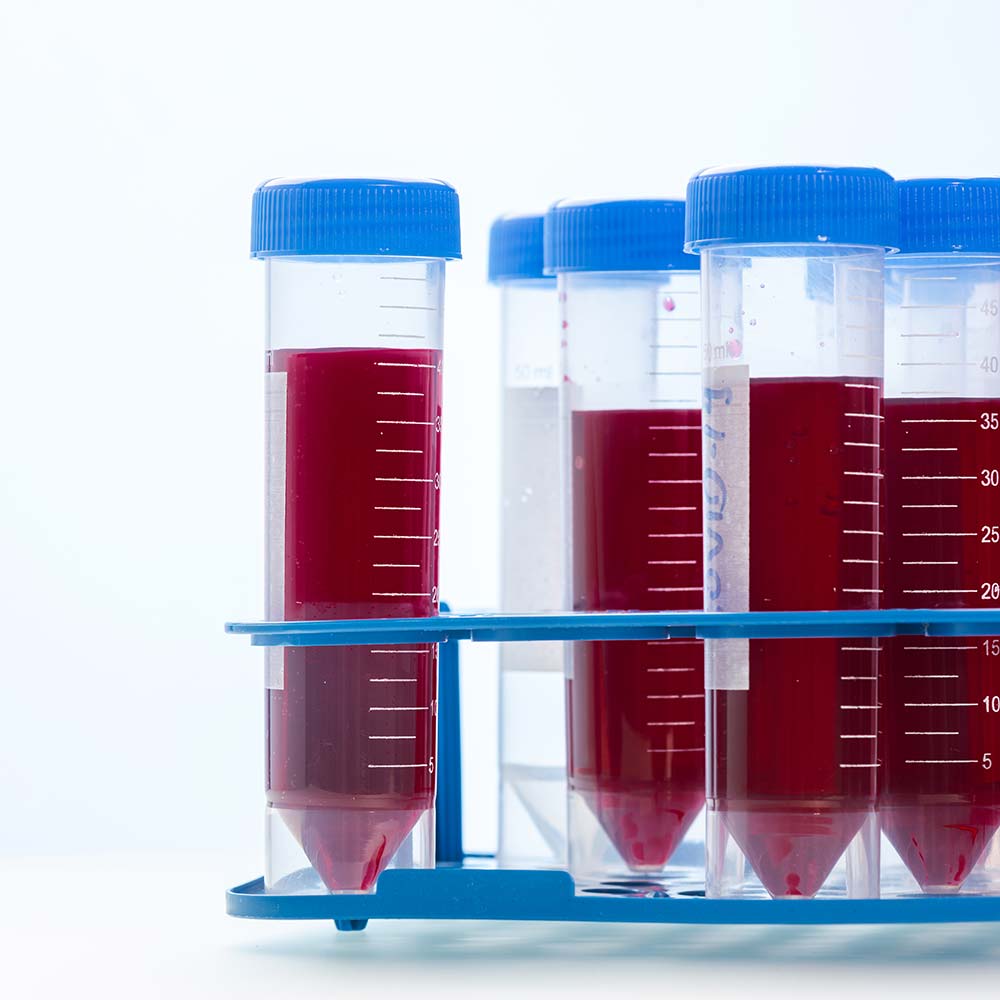
VETO CELL APPLICATIONS
Cancer

Current Treatment Challenges
Today, treatments for blood cancer fall into three categories: chemotherapy, radiation, and bone marrow transplants (BMT). BMT (with or without CAR-T) is the most effective option, but carries significant cost and treatment complications.
Today’s allogeneic HSCT (e.g., BMT) approaches include a marked incidence of both GvHD and viral infections, and can require prolonged post-transplant immune suppression treatment. Though some companies are developing allogeneic CAR-T for blood cancer, none have shown that they are able to deliver an approach which is both safe and effective. While initial overall response rates can be very high, to date even the most successful treatments have not demonstrated long term efficacy, and the potential for relapse is significant.
Veto Cells Deliver Safe, Effective, Long-Lasting Treatment for Blood Cancer
Cell Source’s Veto Cell-based blood cancer treatment protocols include several major advances over the current treatment standards. Pre-BMT reduced intensity conditioning (RIC) translates to healthier patients (and makes BMT a safe treatment option for already weakened or sick patients). Removal of T-cells from the donor BMT prior to delivery to the recipient reduces or eliminates the risk of life-threatening Graft vs. Host Disease (GvHD). The inclusion of Veto Cells (with or without CAR-T and anti-viral capabilities) ensures the transplanted bone marrow will be accepted by the recipient, leading to long-term, permanent immune system modification (and with CAR-T, long-lasting effectiveness against cancer relapse).
Clinical Status
Cell Source is currently conducting a Phase 1/2 clinical trial at the University of Texas MD Anderson Cancer Center in Houston, Texas. The trial uses the Anti-viral Veto Cell for the treatment of blood cancer. This trial comprises a proof-of-concept for both safety and efficacy by showing that the Veto Cell can safely facilitate haploidentical stem cell transplantation under reducing intensity conditioning while avoiding GvHD and preventing viral infections. Once this proof-of-concept has been successfully completed, Cell Source plans to move forward with Veto CAR-T treatment for blood cancer, which adds additional cancer killing capability to the current protocol.
Market Potential
In the United States alone, over 1.5 million people have blood cancer, which includes various forms of leukemia, lymphoma, and myeloma. Over 58,000 Americans die from blood cancer, and the rates are increasing.
According to Polaris Market Research, the 2020 global market for blood cancer therapies was $41.48 billion. Cell Source’s Veto Cell therapy is proving to be a safe, broadly available (via allogeneic donors), effective, and long-lasting treatment option with the potential to become the new standard of care in the treatment of blood cancer.
Developmental Goals & Future Potential
Cell Source plans to remain focused on the clinical development and commercialization of its Veto Cell therapies for blood cancer treatment, and preclinical and early clinical results are extremely promising.
While Cell Source is currently focused on treating blood cancer, preclinical data show that Veto Cells can also improve persistence, and thus efficacy, in the treatment of solid tumors as well. Veto CAR-T-based off-the-shelf cancer therapy has the potential to improve the treatment of a wide variety of solid tumors. The global solid tumor cancer treatment market exceeds $120B, and is projected to experience double digit growth in the coming decade. This represents a major growth opportunity for Cell Source going forward.



